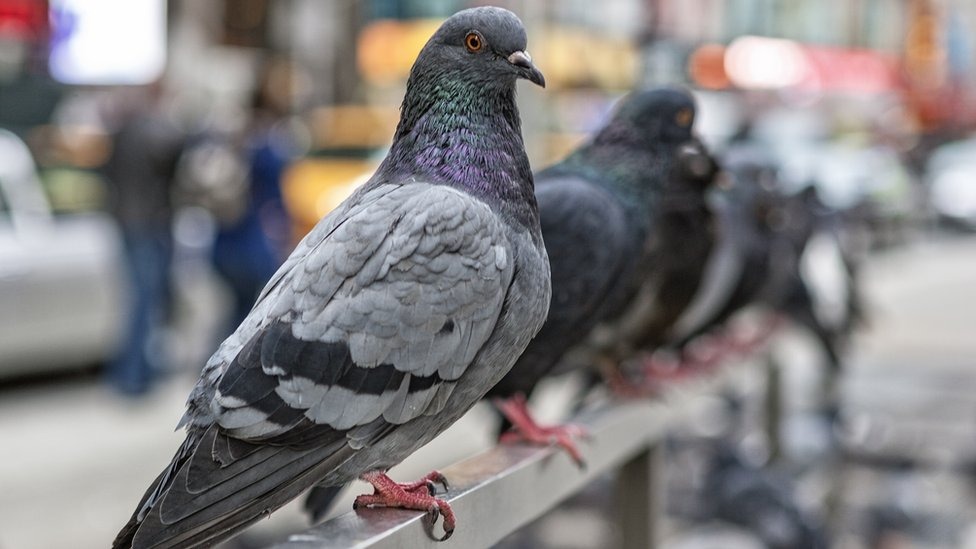In a city where pigeons are fed with religious fervor and nest in every nook of concrete, Maharashtra’s Urban Development Department (UDD) has admitted it has no health data on illnesses caused by pigeon droppings or feathers. This revelation, triggered by an RTI filed by animal activist Roshan Pathak, comes amid a sweeping crackdown on kabutarkhanas and pigeon feeding zones across Mumbai. The Bombay High Court has now demanded medical evidence to justify these actions, spotlighting a troubling disconnect between civic enforcement and scientific backing.
Key Highlights:
- Maharashtra’s UDD confirmed it holds no records of health issues linked to pigeons, despite growing medical concern over respiratory diseases like hypersensitivity pneumonitis
- The Bombay High Court has asked for medical data to assess the impact of pigeon exposure on citizens
- BMC, under state orders, has begun demolishing kabutarkhanas and imposing fines on feeders
Legal and Civic Fallout:
- The state failed to seek court permission before initiating closures of pigeon feeding spots
- The UDD deflected relocation queries, passing responsibility to the BMC
- Activists argue the move lacks scientific basis and could lead to mass starvation among pigeons
Medical Concerns and Urban Realities:
- Doctors across Mumbai and Delhi report a rise in hypersensitivity pneumonitis, a lung condition linked to prolonged exposure to pigeon droppings
- Pigeon droppings are known to carry pathogens that cause fungal infections, bacterial diseases, and respiratory distress
- Despite this, no centralized health tracking system exists to monitor pigeon-related illnesses
The Population Boom and Its Triggers:
- According to the 2023 State of India’s Birds report, pigeon populations have surged by over 150% since 2000
- Urban architecture mimics their natural cliff habitats, while public feeding ensures a steady food supply
- Lack of natural predators and year-round breeding have made pigeons dominant in cities like Mumbai, Delhi, and Pune
Public Sentiment and Cultural Contradictions:
- Feeding pigeons is often seen as a spiritual or charitable act, complicating enforcement efforts
- Residents complain of unusable balconies, constant noise, and foul odors due to pigeon nesting
- Activists warn that abrupt bans without relocation plans could lead to ecological imbalance and animal suffering
Why It Matters:
The absence of health data in the face of aggressive civic action raises serious questions about evidence-based policymaking. While pigeon-related illnesses are medically documented, the lack of official tracking undermines both public health and animal welfare. As cities grapple with rising pigeon populations and deteriorating air quality, a coordinated, science-backed approach is urgently needed.
Sources: Free Press Journal, Scroll, Down To Earth, IndiaTimes, Pune Pulse, Coverfox, MyPunePulse

